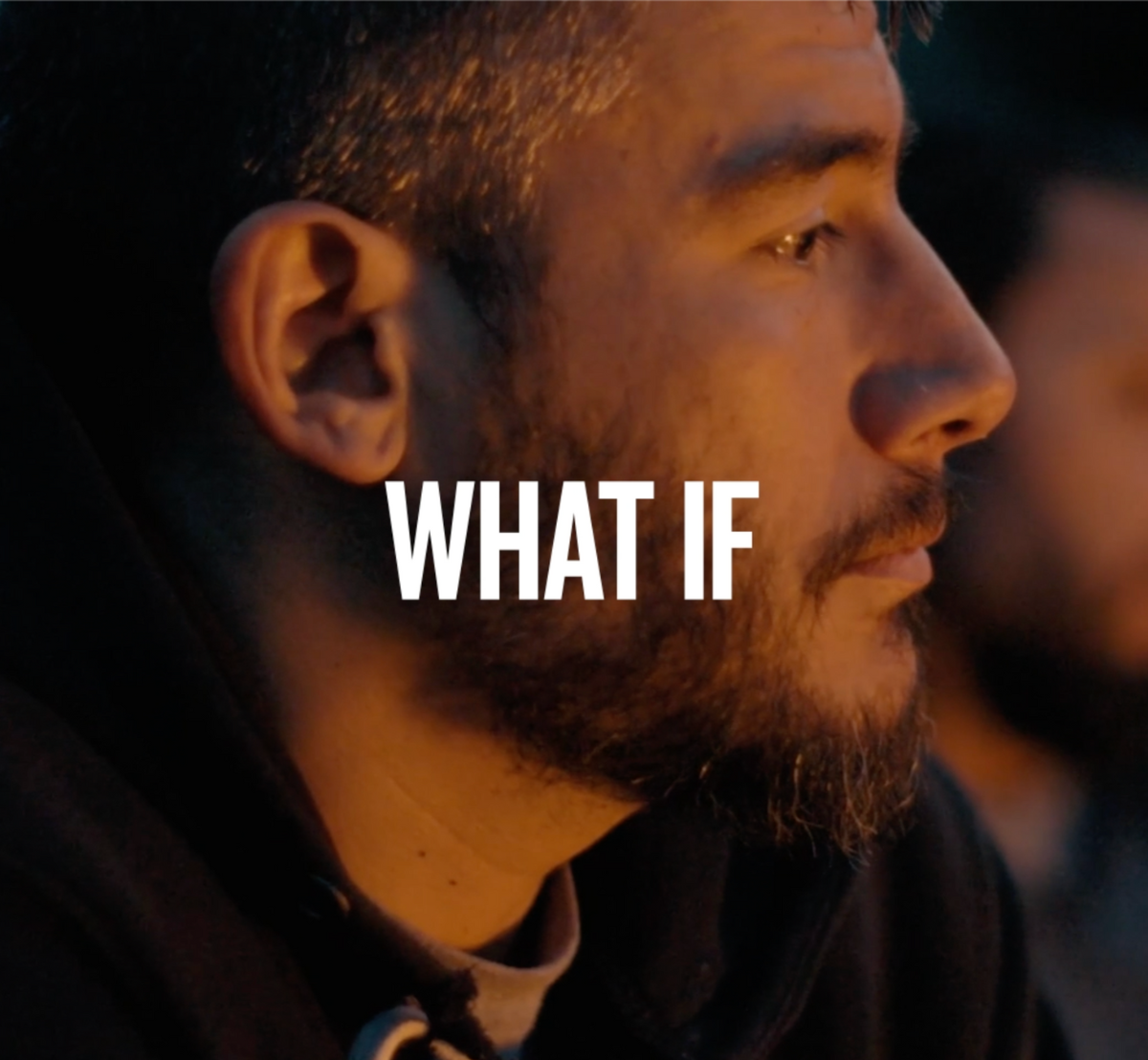We Can’t Reach For What We Can’t See
“Man mistakes the limits of the world for the limits of his own vision.” – Schopenauer
In the United States, we pathologize struggle. We hand out labels and diagnosis liberally and the net effect is that people often feel like they — and their life prospects — are permanently diminished. We use terms like “new normal” to describe this diminished state of coping.
This concept can best be described as learned hopelessness — we teach people that the sooner they give up hope that their life will ever be good again the better off they will be.
Often learned hopelessness leaves people feeling like they no longer have choices to make, and they are now victims of the worst things that have ever happened to them.
Throughout life, people will tell you certain things are impossible to achieve and that you should give up. What veterans and first responders have taught me, particularly our Chairman and Founder, Ken Falke — is that when people challenge you and tell you what you can’t do — you can use that as fuel to not only do that, but to do it even better. There are countless examples of people who ran after being told they’d never walk again, broke the glass ceiling when they were told it couldn’t be done; people who achieved the unachievable. George Bernard Shaw’s quote captures the essence of this lesson: “The reasonable man adapts himself to the world; the unreasonable man persists in trying to adapt the world to himself. Therefore all progress depends on the unreasonable man.”
When people are struggling, and we give them labels and diagnoses, they tend to be viewed as both final and fatal. They accept the verdict of medical professionals and the new limits that are imposed upon their life. This is the opposite of what we teach at Boulder Crest, the home of Posttraumatic Growth.
Mandy Pifer, who lost her fiance in the ISIS-related San Bernadino shooting in 2015, said,
“You have to know that Posttraumatic Growth exists in order for it to happen…you have to know it’s okay for good things to happen after really bad things.”
Posttraumatic Growth is the recognition that the struggle we experience because of stress, struggle, hardship, and trauma often leads us to change our lives in ways that make our lives more authentic and fulfilling and purposeful than they were before.
Now that you know that it is possible to grow after struggle, hardship, and trauma, we hope you take the invitation to walk that path.
Be Well. Do Well. Struggle Well.
BROWSE THE SERIES:
Give strength & hope to those who serve
Your support powers life-changing programs offered at no charge to veterans, military, first responders, and their families. With your help, our Warriors won't just survive — they'll thrive.

